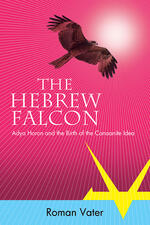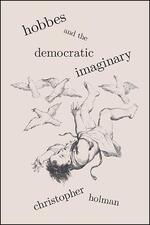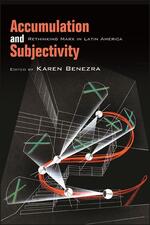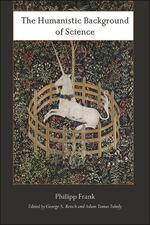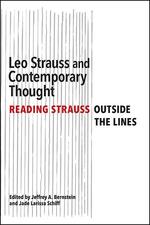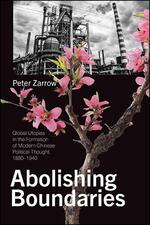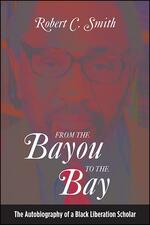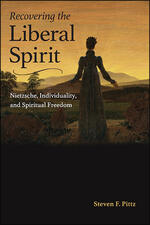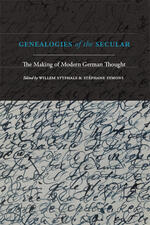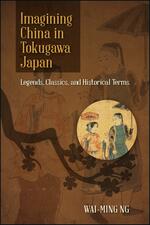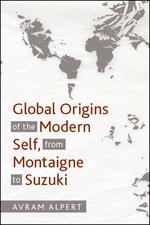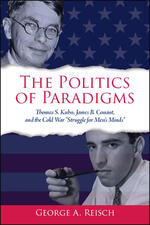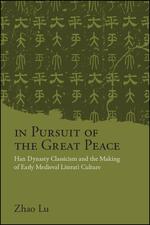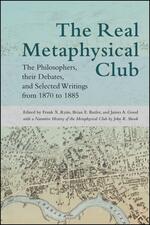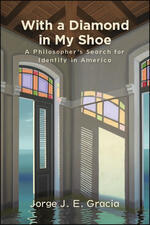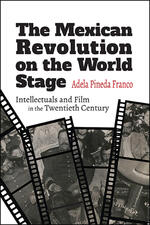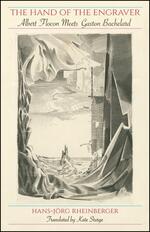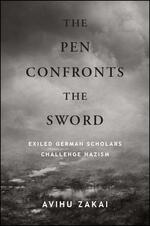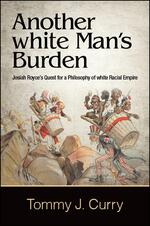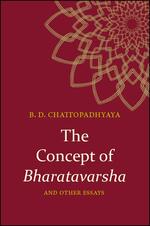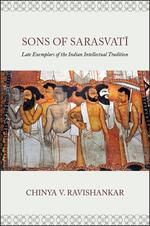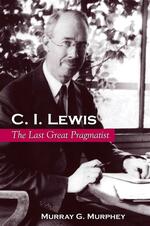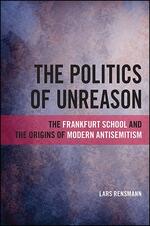Intellectual History
Writing Home
Letters written by Leslie Fiedler to his wife Margaret from May 1944 to December 1945 while he was stationed in Hawaiʻi and various parts of the Pacific Theater as an intelligence officer during World War II.
The Hebrew Falcon
A pioneering study of a formative chapter in Middle East intellectual history, examining the historical myth that underlies the "Canaanite" brand of Israeli nationalist anti-Zionism.
Confucian Iconoclasm
Challenges deep-seated assumptions about the traditionalist nature of Confucianism by providing a new interpretation of the emergence of modern Confucianism in Republican China.
Hobbes and the Democratic Imaginary
A critical interrogation of elements of Hobbes's political and natural philosophy and its capacity to enrich our understanding of the nature of democratic life.
Accumulation and Subjectivity
Reconsiders key concepts in Marxist thought by examining the relationship between accumulation and subjectivity in Latin American narrative, film, and social and political theory.
The Humanistic Background of Science
The once-lost introduction to the philosophy of science by Philipp Frank (1884-1966), a leading member of the Vienna circle of philosophers and biographer of Albert Einstein.
Leo Strauss and Contemporary Thought
Broadens the horizons of Strauss’s thought by initiating dialogues between him and figures with whom little or no dialogue has yet occurred.
Abolishing Boundaries
Offers new perspectives on modern Chinese political thought.
From the Bayou to the Bay
The intellectual autobiography of a leading scholar in the field of African American Studies.
Recovering the Liberal Spirit
Develops a theory of spiritual freedom and explores its relationship to problems of liberal political regimes.
Genealogies of the Secular
Presents a historical and philosophical overview of the twentieth-century German debates on secularization and their significance for contemporary discussions about the relationship between theology and modernity.
Imagining China in Tokugawa Japan
Pioneering study of the localization of Chinese culture in early modern Japan, using legends, classics, and historical terms as case studies.
Global Origins of the Modern Self, from Montaigne to Suzuki
Explores how writers across five continents and four centuries have debated ideas about what it means to be an individual, and shows that the modern self is an ongoing project of global history.
The Politics of Paradigms
Uncovers long-ignored political themes—ideology, propaganda, mind-control, and Orwellian history—at work within the pages of The Structure of Scientific Revolutions.
In Pursuit of the Great Peace
Examines the Great Peace (taiping), one of the first utopian visions in Chinese history, and its impact on literati lives in Han China.
The Real Metaphysical Club
A full account of the Metaphysical Club, featuring the members’ philosophical writings and four critical essays.
With a Diamond in My Shoe
The intellectual autobiography of a leading figure in the field of Latin American philosophy.
The Mexican Revolution on the World Stage
Explores the wide-ranging impact of the Mexican Revolution on global cinema and Western intellectual thought.
The Hand of the Engraver
A rich intellectual encounter, revolving around the hands of the experimenter and those of the artist, highlighting the relation between the sciences and the arts.
The Pen Confronts the Sword
Demonstrates how four books by dissident German intellectuals served as a rebuke to the Nazi regime.
Another white Man's Burden
Demonstrates the extent to which Josiah Royce’s ideas about race were motivated explicitly in terms of imperial conquest.
The Concept of Bharatavarsha and Other Essays
This exploration of key terms related to social and political order, found in early Indian texts, challenges the idea of a unified ancient India and a unified national identity at that time.
Sons of Sarasvatī
Presents rare biographies of traditional Indian scholars during the nineteenth century, a critical moment of transition for the Indian intellectual tradition.
C. I. Lewis
An intellectual biography of the American philosopher C. I. Lewis.
The Politics of Unreason
The first systematic analysis of the Frankfurt School’s research and theorizing on modern antisemitism.

